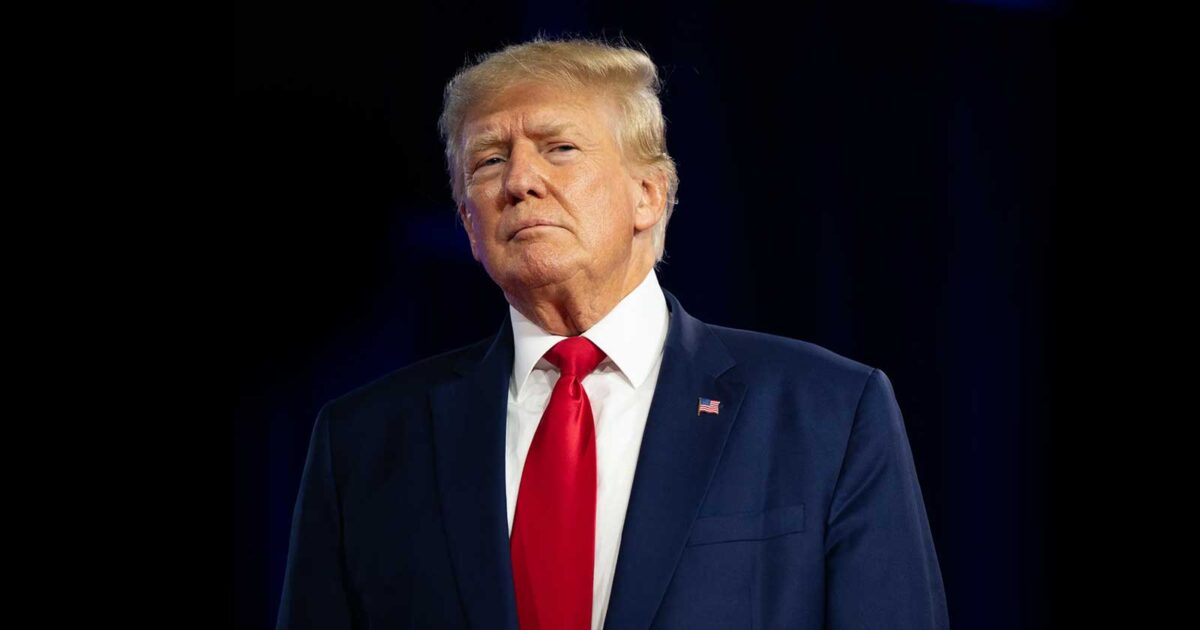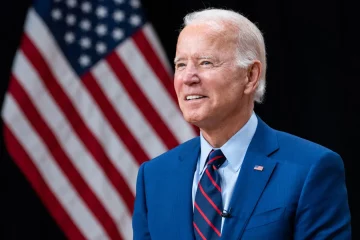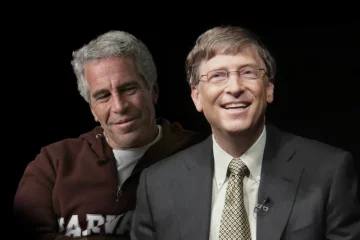
The upcoming trial involving Donald Trump represents a historic event as it marks the first time a former president faces criminal charges in court. Scheduled to commence on Monday morning in lower Manhattan.
The trial has faced various attempts to impede its progress, but jury selection is anticipated to proceed, a process expected to span at least a week until a panel of 12 New Yorkers and alternates is established.
This significant trial revolves around allegations of a potential cover-up of a sex scandal that unfolded just prior to the 2016 presidential election.
Prosecutors assert that Donald Trump manipulated business records to conceal reimbursements made as hush money payments aimed at influencing the election outcome. Trump maintains his innocence, denying any involvement in an affair with adult film star Stormy Daniels.
Manhattan District Attorney Alvin Bragg, a Democrat, faces a crucial test as this trial could be the sole one among Donald Trump’s four criminal cases to reach a jury verdict before Election Day. Trump will transition from the campaign trail to the courtroom, where he is expected to spend four days a week over the next two months.
While Donald Trump has utilized his court appearances to rally support for his campaign, the stakes are high. He faces 34 felony counts of falsifying business records in the first degree, with potential consequences including probation or a maximum prison sentence of 1 1/3 to 4 years per count, as a president lacks the authority to pardon state crimes.
The trial will witness testimonies from individuals once within Donald Trump’s inner circle, such as his former attorney Michael Cohen, who pleaded guilty to federal campaign finance charges, and David Pecker, former CEO of the National Enquirer’s publishing company, who orchestrated “catch and kill” deals. Additionally, campaign confidante Hope Hicks may testify.
Prosecutors aim to demonstrate beyond a reasonable doubt that Donald Trump falsified business records with the intent to commit or conceal another crime, potentially violating federal and state election laws or state tax laws.
Donald Trump’s defense, led by experienced attorneys, intends to challenge the credibility of witnesses like Daniels and Cohen, portraying them as motivated by personal vendettas and financial gain.
Trump’s legal team may argue that the hush money payments were lawful and distance Trump from the reimbursement process, asserting they were aimed at averting embarrassment to his family rather than influencing the election.
Despite the salacious nature of the allegations, much of the testimony may focus on mundane recordkeeping procedures, with prosecutors indicating they may call upon 18 witnesses to authenticate financial documents if an agreement cannot be reached between both sides.
While Trump’s attorneys have not disclosed their full defense strategy, they may call upon expert witnesses such as Bradley Smith, a former commissioner of the Federal Election Commission, and Alan Garten, the top legal officer of the Trump Organization. However, the scope of their testimony has been limited by the presiding judge.
The trial harkens back to the closing days of the 2016 presidential election, with Daniels on the brink of publicizing her allegations. Allegedly, Trump’s allies scrambled to silence her through a series of “catch and kill” deals, culminating in a payment made just days before Trump’s election victory.
Central to the indictment is the assertion that Trump agreed to reimburse Cohen, with Allen Weisselberg, former CFO of the Trump Organization, facilitating the details of the scheme. The Trump Organization allegedly paid Cohen $420,000 for the payment, political work, taxes, and a bonus, documenting the payments as legal expenses pursuant to a retainer agreement.
As the trial unfolds, it will not only scrutinize the intricate details of financial transactions but also delve into the broader implications of potential campaign finance violations and the misuse of corporate resources for personal gain.



